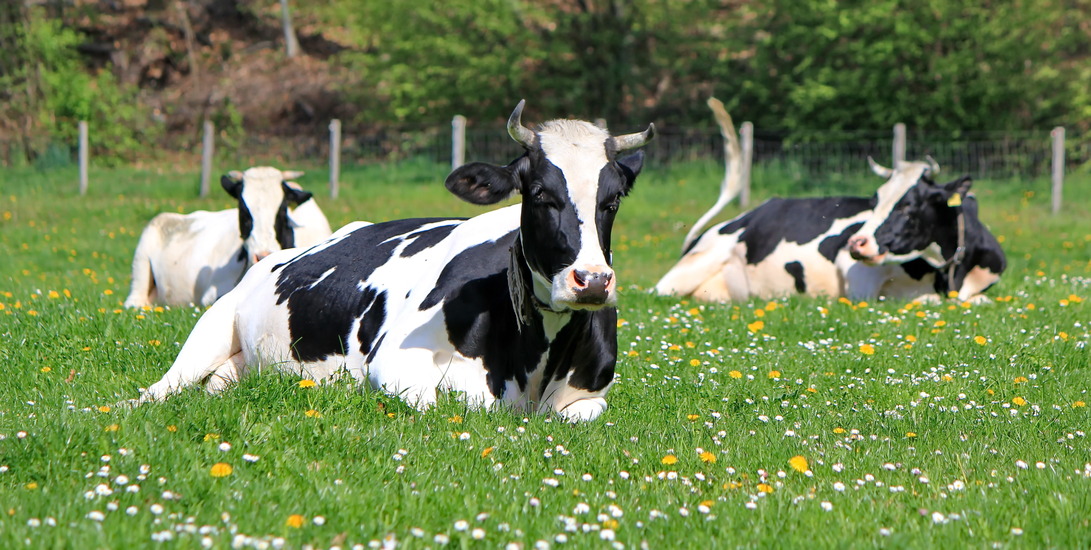Major agri report featuring IGFS & AFBI expertise highlights difficulty of UK net zero carbon target
An independent report assessing the carbon intensity of UK livestock production systems has identified that currently available technologies cannot deliver even half the industry’s 2050 carbon emissions reduction goal.

Indeed the report states that the industry can only deliver 19% of the aspirational carbon reduction target by 2035, leaving an 81% reduction to happen in the following 15 years highlighting the urgent need to advance technologies. Commissioned by CIEL (Centre for Innovation Excellence in Livestock), it was written by environmental, climate and livestock scientists from eight renowned UK research institutions, including IGFS and its close partner, AFBI.
Dr Elizabeth Magowan, from the Agri-Food and Biosciences Institute (AFBI) coordinated the report and says the intention is for it to be used as a baseline to drive change throughout the livestock supply chain, inform the debate about climate change and the role livestock can play to reduce emissions that contribute to global warming.
“The report should be used by all parties to complement the good work already being carried out elsewhere in the sector. It is a call to action. While the industry is making steps in the right direction, the ambition to achieve the UK’s target is huge and known technologies and practices can only get us part of the way.
The report concludes that a combination of greater investment (resources, intellectual capital and financial), improved carbon accounting and education resulting in adoption, are required for the UK livestock industry to achieve its net zero carbon goal within the next 30 years,” she concludes.
"The report represents a widely agreed summary of the current research available on greenhouse gas emissions from the main farmed livestock species in the UK - with interpretation and a number of recommendations from leading livestock, environmental and climate scientists,” says Lyndsay Chapman, CIEL Chief Executive.
“We wanted the report to review current knowledge and identify areas where there are gaps in our ability to measure or achieve the target reductions in emissions set for UK agriculture. We also wanted to provide benchmarks for the carbon footprint of farmed livestock, hotspots where the greatest emissions occur and where there are opportunities to focus future efforts to reduce emissions.”
Lead scientist, Professor Bob Rees, from Scotland's Rural College (SRUC), stresses the need for new innovations to further reduce emissions beyond the levels that currently known mitigation strategies will deliver.
“The report has identified that even if all known methods for mitigation of carbon emissions were taken up rapidly, the industry could only deliver 19% of the aspirational carbon reduction target by 2035, highlighting the urgent need to advance technologies and develop new innovations to address this critical issue,” he says.
“Livestock farming is an integral part of UK agriculture, our landscape and food systems, but it’s a complex system involving flows of carbon, nitrogen, water and atmospheric gases.
“In order to help balance the reduction in emissions with the production of high-quality nutritious food, a combination of strategies is needed. These must consider all dimensions of sustainable agriculture including carbon efficiency, soil health, animal health and welfare, and much more.
“And for that we need more innovation, collaboration and widespread adoption,” he adds.
- To view the full report, visit https://www.cielivestock.co.uk/net-zero-carbon-and-uk-livestock/
